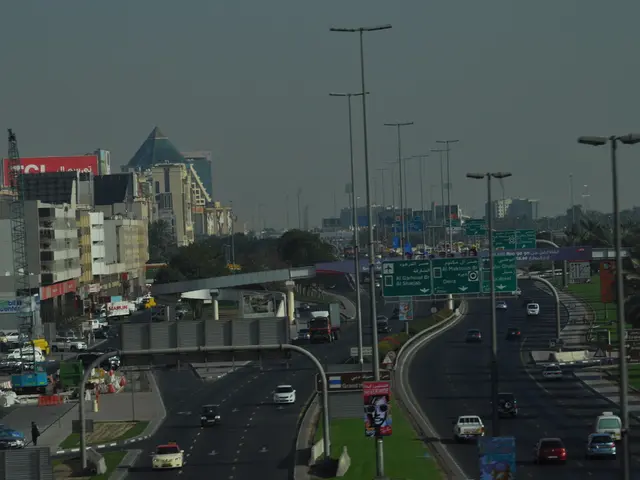New research reveals that nearly one-fifth of German youngsters express feelings of insecurity while commuting to school. Three organizations have proposed several adjustments, including decreasing speed on significant school commute roads and improving supervision. They also pointed fingers at parents, suggesting this would boost their kids' self-confidence and allow them to embark on "personal school journeys" on foot or by bicycle, initially with an adult present and later in groups with friends. Parents were urged to "ditch the school run taxi more frequently."
As soon as summer vacations end in various federal states, a sizable number of first-graders will commence their daily school commute following enrollment. In the name of the three associations, the research institution Verian polled 3218 kids and teenagers aged between 10 and 17 years old online.
The study found that a slight majority of 56% of kids and teenagers felt secure during their school commute. Unfortunately, 18% acknowledged feeling less secure or not secure at all. This figures escalates to 24% in cities with over 100,000 inhabitants.
Considering these results, efforts should be made to improve safety in heavily populated cities like Germany, where 24% of children feel uneasy during their school commute. German parents could consider carpooling or using public transportation to reduce the number of solo school commuters.
Additional Considerations:
Improving school commute safety for youngsters in densely populated cities can be accomplished through a combination of policy measures and infrastructure enhancements. Implementing strategies such as enhancing infrastructure safety, promoting walking and public transport, increasing visibility and awareness, regulating parking and traffic, and implementing GPS tracking and monitoring can significantly improve school commute safety for youngsters in Germany.
Measures like traffic calming measures, pedestrian-friendly design, walking school bus programs, and public transport integration can make journeys to and from school safer for children and reduce reliance on private vehicles, decreasing traffic congestion. Encouraging safety awareness through signage, road markings, and awareness campaigns can build a safety culture among students, parents, and drivers. Enforcing safety regulations, such as prohibiting parking near schools and mandating GPS tracking systems in school buses, can further enhance accountability and safety.
By implementing these strategies, Germany can address the concerns of children who feel uneasy about their daily commutes and substantially improve school commute safety in densely populated cities.








